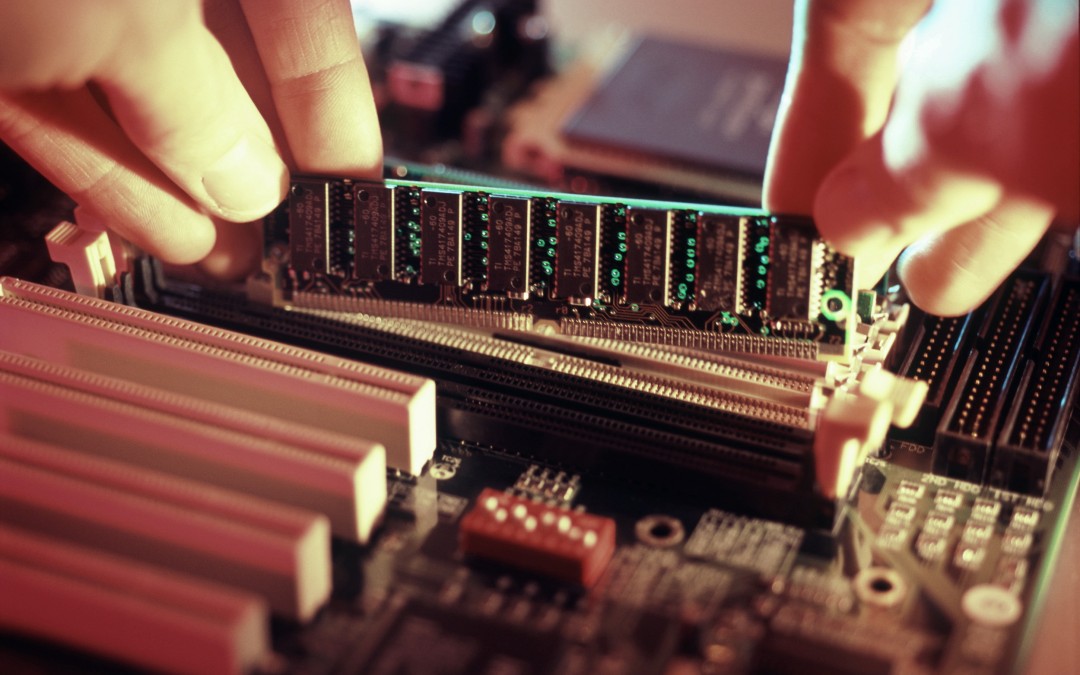
Benefits of Purchasing Non-Proprietary Workstations
Before delving into the benefits to be gained from purchasing non-proprietary workstations for your company, an explanation of what is meant by proprietary is necessary. Many people don’t realize the difference prior to choosing new workstations but it’s a very important consideration.
A proprietary workstation is built from components that are exclusive to a single vendor or entity. In order to make any changes, repairs or upgrades, a company will need to deal with that entity for any replacement or upgraded parts. A good example of this concept can be found in Adobe software. You must use Adobe Reader to be able to work with Adobe Acrobat PDF documents. While this situation isn’t encountered as often with hardware, it does happen.
A workstation built from open standard products, on the other hand, do not require a company to deal with a specific vendor or limit the technology available. Generally speaking, open standard (non-proprietary) hardware is easy to find, through a wide variety of stores or vendors.
There are a couple of important benefits to purchasing non-proprietary workstations that companies should keep in mind:
- Non-proprietary workstations are easier and often less expensive to repair or upgrade with new technologies.
When a company needs to repair a workstation or upgrade it, there are definite drawbacks when dealing with proprietary hardware. Only that specific vendor will have the parts needed to fix or upgrade the computers. This often means delays, as a company must work on the vendor’s timetable without regard to their own needs. It also means that a company cannot shop around for best price or any other considerations.The expense of repairing or upgrading a proprietary workstation isn’t limited to just the cost of the special parts, either. Any time that a workstation is down, it will cost a company money because the employee is unable to do their work properly. Since workstations are rather finely tuned to specific jobs, employees often can not work on a different machine. - Non-proprietary workstations are much lighter on the environment.
For many companies today, greener is the goal. They want to be socially responsible citizens and make less of an imprint on the environment. Even when the company itself isn’t concerned, their customers can be quite vocal for this cause.
Non-proprietary hardware and systems result in less waste overall. With a proprietary system, when one part is replaced, other parts often have to be replaced as well. These other parts may work just fine but with technology moving so quickly today, when one is replaced, it tends to be better than the old and have more features.This often makes the new part incompatible with older parts and peripherals, necessitating that they also be replaced. Not only does this send more physical goods to landfills, it also costs the companies a lot more money.
For these two reasons alone, non-proprietary workstations make a lot of sense. Unless a company absolutely must use a specific vendor for a specific piece of technology, they will benefit far more from using non-proprietary workstations. Companies save time, money and the environment, not to mention it’s just plain easier.
